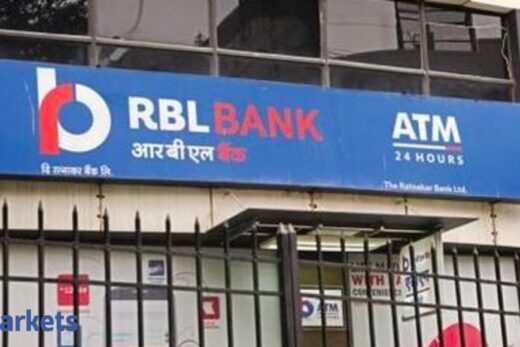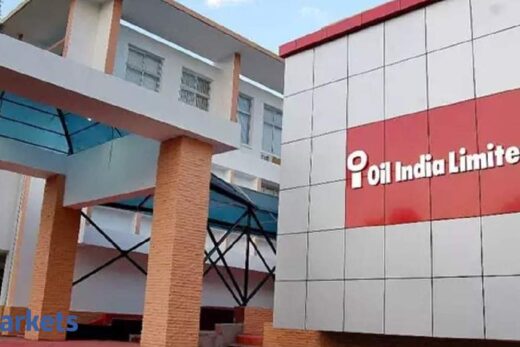Investors holding shares worth up to Rs 2 lakh bought additional stakes of 9.5-23 percentage points in 10 of the BSE500 companies during the first three quarters of the year.
All but Laurus Labs delivered poor returns: seven of them ended up eroding up to 77 per cent of investor wealth; two delivered a tepid return of 3 per cent each. In comparison, BSE Sensex gained 15 per cent for the year.
Kishore Biyani’s Future Retail eroded 77 per cent of retail investors’ wealth during the year. Retail investors held 25.09 per cent stake in this company as of September 30 compared with 2.22 per cent held on December 31, 2019. Future Consumer, another Biyani stock, plunged 62 per cent during the year. Retail investors held 20.33 per cent stake in this stock as of September quarter, compared with 6.77 per cent held on December 31, 2019.
In August, Future Group said Reliance Industries, through its retail arm, would acquire the company’s retail & wholesale business as well as the logistics & warehousing businesses on a slump sale basis for Rs 24,713 crore. Amazon, a stakeholder in Future, is looking to block that deal, saying the Indian retailer violated a contract by agreeing to the sale to a rival controlled by billionaire Mukesh Ambani.
Shares of Raymond have slumped 49 per cent so far in 2020. Retail investors raised stake in this diversified firm by 7.63 percentage points to 25.31 per cent from 17.1 per cent. The Raymond group operates across segments such as FMCG, engineering and prophylactics besides in textile and apparel.
“This year was a total washout. I don’t think we will meet FY20 levels, but going forward, a lot of companies have reshaped themselves. They have set new benchmarks and there is a lot of opportunities for the companies that survived this pandemic. They will come out much stronger,” Raymond’s Chairman and Managing Director Gautam Hari Singhania told PTI earlier this month.
Equitas Holdings declined 38 per cent year to date, as SME/MFI businesses faced various challenges at the operating levels in the wake of the Covid pandemic. The stock has recovered strongly in the last two months on faster-than-expected recovery in business.
Indiabulls Housing Finance (down 35 per cent), Chennai Petroleum Corporation (down 16 per cent) and The South Indian Bank (down 11 per cent) are three other biggest retail bets that failed to deliver for the year. Two stocks — NCC and PTC India — delivered 3 per cent each, while Laurus Labs delivered a solid 384 per cent return.
Analysts are mixed on Indiabulls Housing Finance. The company has lost mortgage market share in last one year. The housing finance company had a 2.2 per cent market share as of September 2020 compared with 3.7 per cent held in the year-ago quarter. The scrip had one ‘buy’, one ‘underperform’ and one ‘hold’ ratings on the publicly available Reuters Eikon database as of Friday.
South Indian Bank had four ‘buy’, one ‘outperform’, two ‘hold’, one ‘underperform’ and one ‘sell’ rating on the same database. CPCL had one ‘buy’ and one ‘outperform’ ratings.
NCC, meanwhile, has seen robust order flows so far in FY21, surpassing its annual guidance of Rs 10,000 crore. Its standalone order backlog stood at Rs 28,000 crore in September while the current unadjusted backlog stood at Rs 32,800 crore, 4.7 times the trailing 12-month revenues. Recovery of past dues is seen as a key trigger for the stock. PTC India has one ‘buy’ and one ‘outperform’ ratings, as per the Reuters database.
Analysts remain positive on Laurus Labs on superior execution in the antiretrovirals segment, strong chemistry skill set in the contract development and manufacturing business, the addition of new molecules in the API segment and cost efficiencies. Retail holding in this stock stood at 15.89 per cent at the end of September against 6.37 per cent as of December 31.



